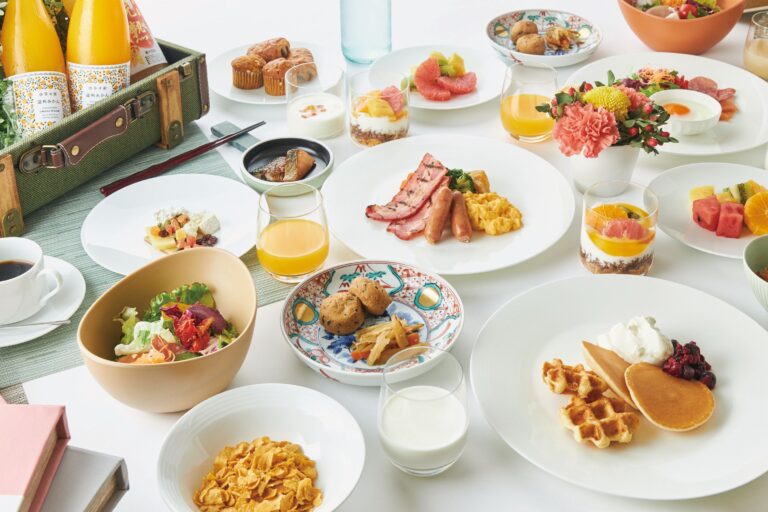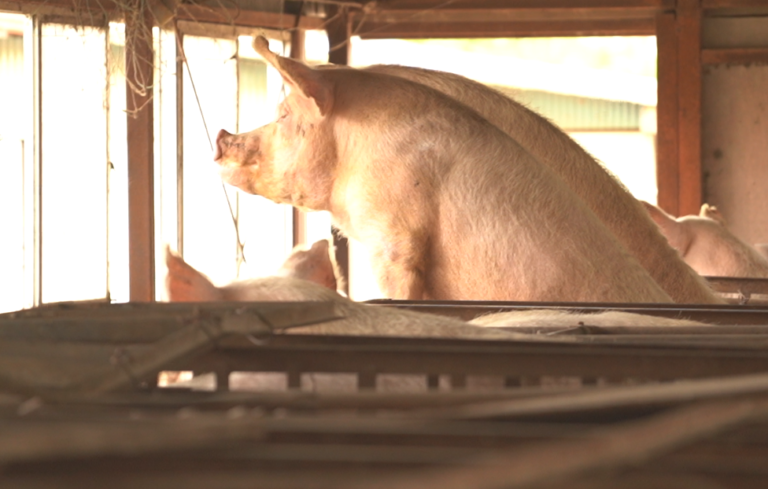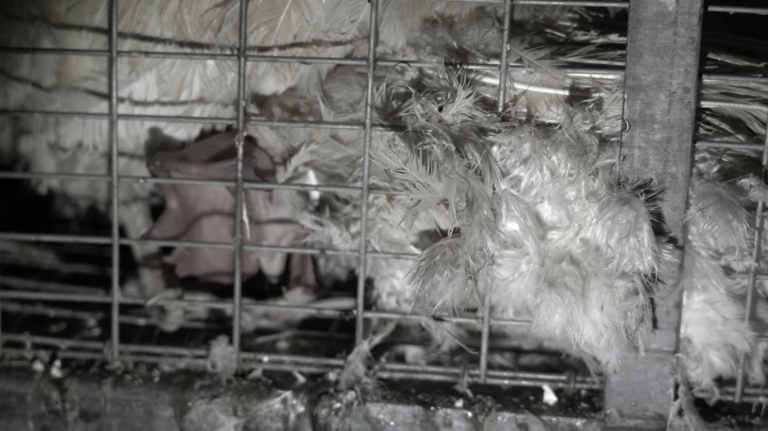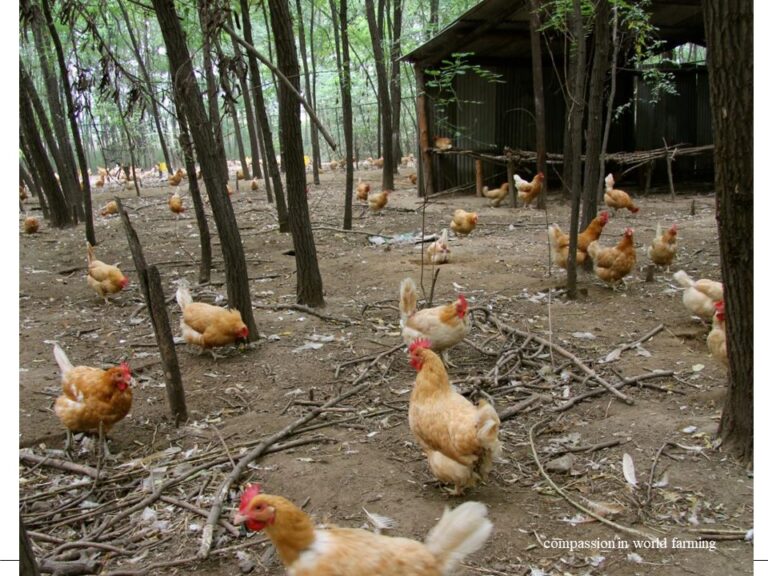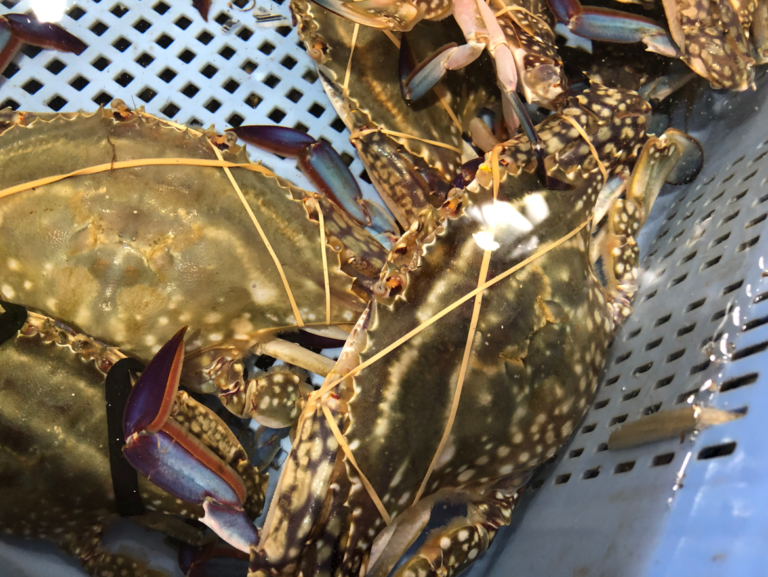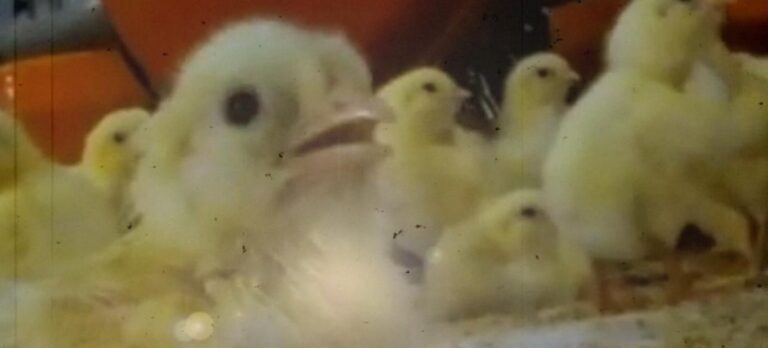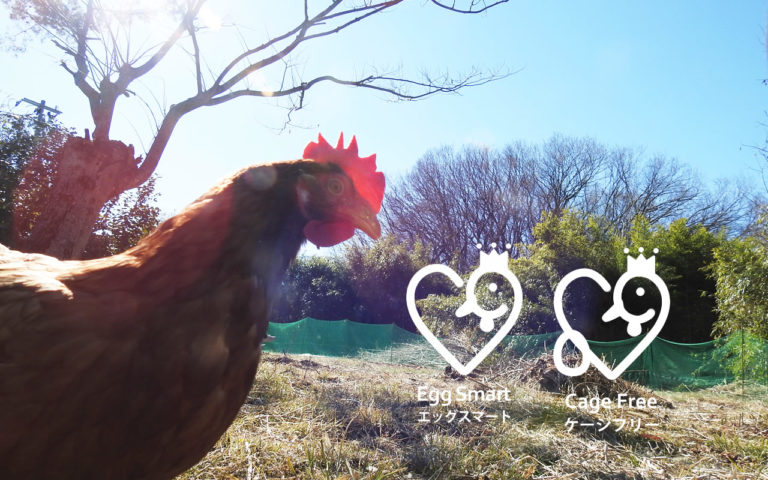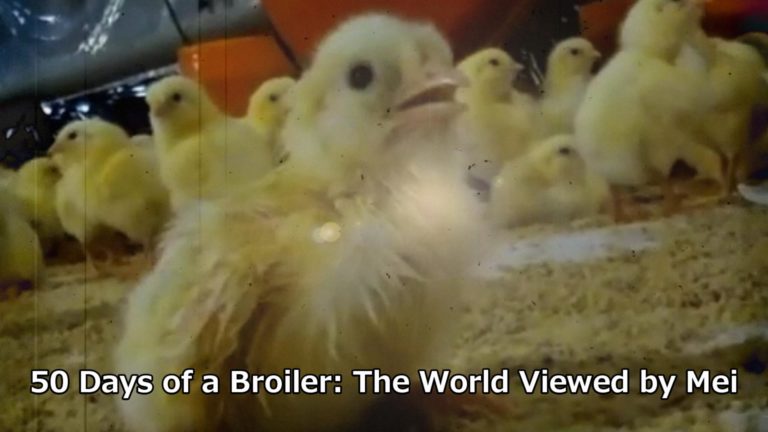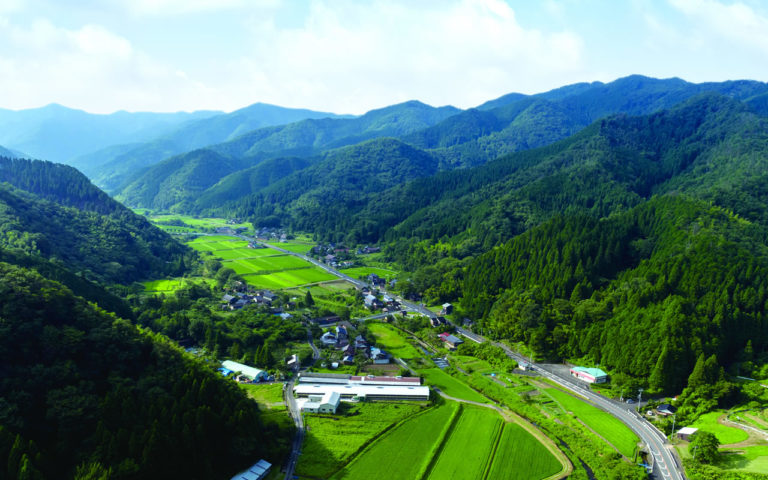A Step Forward by Bourbon, a 100-Year-Old Company: Seriousness about Cage-Free, Tested in the Global Trend
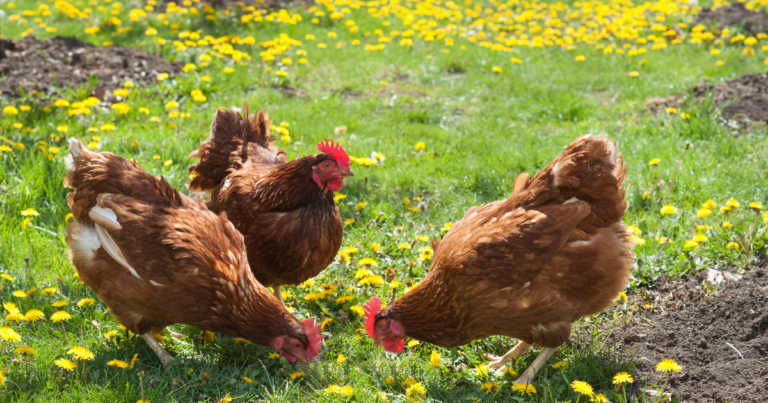
Bourbon, founded in 1924, announced in its 149th Annual Securities Report released on June 20, 2025, that as a company that respects animal welfare, it has set an immediate target of “5%” for switching to cage-free eggs. In addition, the…


